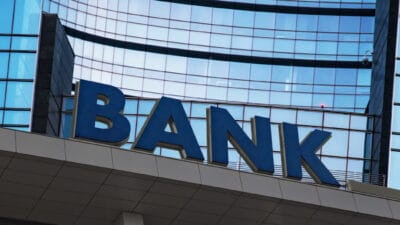Owners of Commonwealth Bank of Australia (ASX: CBA) shares may want to know how much of a gain the big four ASX bank has made on its investment in buy now, pay later business Klarna.
Klarna isn't a listed business. But, on the ASX there are plenty of other buy now, pay later operators that have seen a significant sell-off. For example, in 2022, the Zip Co Ltd (ASX: ZIP) share price has sunk around 90%. The Sezzle Inc (ASX: SZL) share price has dropped 91%. Even the Block Inc (ASX: SQ2) share price has dropped 46%.
Has the Klarna valuation been spared from the savage decline amid interest rate rises, elevated inflation, increased competition and the prospect of more regulation?
The answer seems to be no, according to the latest capital raising.
Klarna valuation sinks
According to reporting by the Australian Financial Review, Wall Street Journal sources indicate that Klarna's latest capital raising has been reduced to US$500 million. That's down from US$1 billion.
The valuation indicated by capital raisings is often how private technology businesses are valued.
Klarna is reportedly looking to raise the US$500 million at a total valuation of US$15 billion. A year ago, Klarna raised money from SoftBank at a huge valuation of US$46 billion. The Wall Street Journal reported in May that Klarna wanted to do the latest capital raising at a valuation of US$30 billion.
CBA owns a 5% stake of the business, which it bought for a total of US$300 million. That means the big four ASX bank's holding is worth US$750 million – it has more than doubled its money.
But, it does mean that the business' valuation has fallen by approximately two thirds over the past 12 months.
The AFR reported that Klarna has cut its number of staff by 10%. But the fact that it can get new customers for merchants is a positive, according to the CBA boss Matt Comyn.
However, with the stake worth US$750 million, it's small fry compared to the overall Commonwealth Bank of Australia market capitalisation of $160 billion. In other words, the Klarna stake is worth $1.1 billion in Australian dollar terms. That equates to about 0.7% of CBA's market cap.
For now, the lion's share of CBA's profit and valuation comes from its massive residential loan book. Commercial lending, credit cards and so on also form part of the earnings.
CBA share price snapshot
Over the last month, CBA shares are down 12.8% amid the Reserve Bank of Australia (RBA) push to reduce the rate of inflation in Australia.









